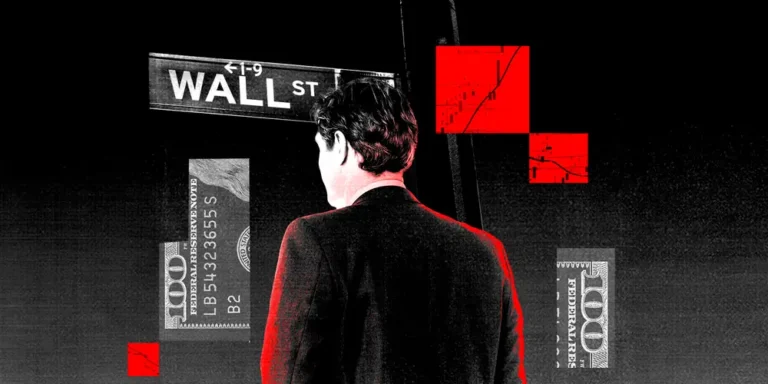A 37-year-old who is financially independent from her 12-unit real estate portfolio says ‘investors overlook condos.’ She explains why this type of property is a smart investment and her ‘secret sauce.’

- Real estate investor and consultant Zeona McIntyre says that investors overlook condos.
- While some investors may see HOA fees as a turn-off, she doesn’t mind them.
- If she’s not investing in a condo, she prefers multi-family properties over single-family homes.
Before Zeona McIntyre, 37, could afford to buy her first home, she rented out the extra room in her apartment on Airbnb to supplement her income. That happened in Boulder, Colorado in 2012.
She borrowed $4,000 to buy a second apartment in Boulder, then began renting out individual rooms in each apartment and lived in whichever room was available on any given day.
“I spent about two years living out of a suitcase, just bopping around,” she explained to Insider. But it paid off: her Airbnb earnings enabled her to save enough money to purchase a one-bedroom, one-bath condo in 2014, which ultimately propelled her to financial independence.
“I started very small,” McIntyre said, adding that she now owns 12 units across nine properties, according to settlement statements reviewed by Insider, and has written a book about her latest real-estate strategy, which involves mid-term rentals.
While a condo — which differs from a single-family home in that you own the home but not the land it sits on — was all she could afford at the time, she still thinks it’s a good investment.
“Investors frequently overlook condos. “A lot of people say right away, ‘Oh, I don’t want a HOA telling me what I can and can’t do,'” she said.
When you purchase a condo, you are purchasing into a homeowner’s association (HOA), which is a private organization that maintains the quality of a neighborhood — and you will be responsible for HOA fees each month.
The condo fees aren’t necessarily a deal breaker for McIntyre.
“There are certain condos where a lot of the utilities are shared,” she said, adding that the fees are worth it in her experience. So, in the condos I buy, the units don’t have furnaces because they’re shared, and there’s no water heater because they’re heated and cooled by a boiler. I also purchase buildings that lack a washer and dryer in each unit. They have a communal one in the building instead. My HOA fee pays for all of these utilities.”
This can help to reduce your monthly bills and eliminate headaches.
“It makes the possibility of anything breaking in my units almost zero because the only things I have are kitchen appliances,” she explained.
McIntyre is unconcerned that condos are underappreciated. “A lot of people don’t like condos, so they’re a little easier to get,” she explained. That is my special sauce.”
McIntyre also invests in multi-family properties to reduce headaches, costs, and general upkeep. These are single-family homes that have been divided to accommodate more than one family living separately, ranging from duplexes to triplexes to fourplexes. (Typically, buildings with four or more units are classified as commercial real estate properties.)
Consider the upkeep required for a single-family home, she says: “You have just one property, but you’re paying for everything: landscaping, roof, lawn.” It’s quite a bit.”
Multi-family housing, on the other hand, provides economies of scale. If the roof on your triplex fails, you only need to replace one; if the roof on three single-family homes fails, you must replace three roofs.
McIntyre prefers to have two to four units if she is not purchasing a condo with maintenance and utilities included. “That’s the better way to go,” she explained.






